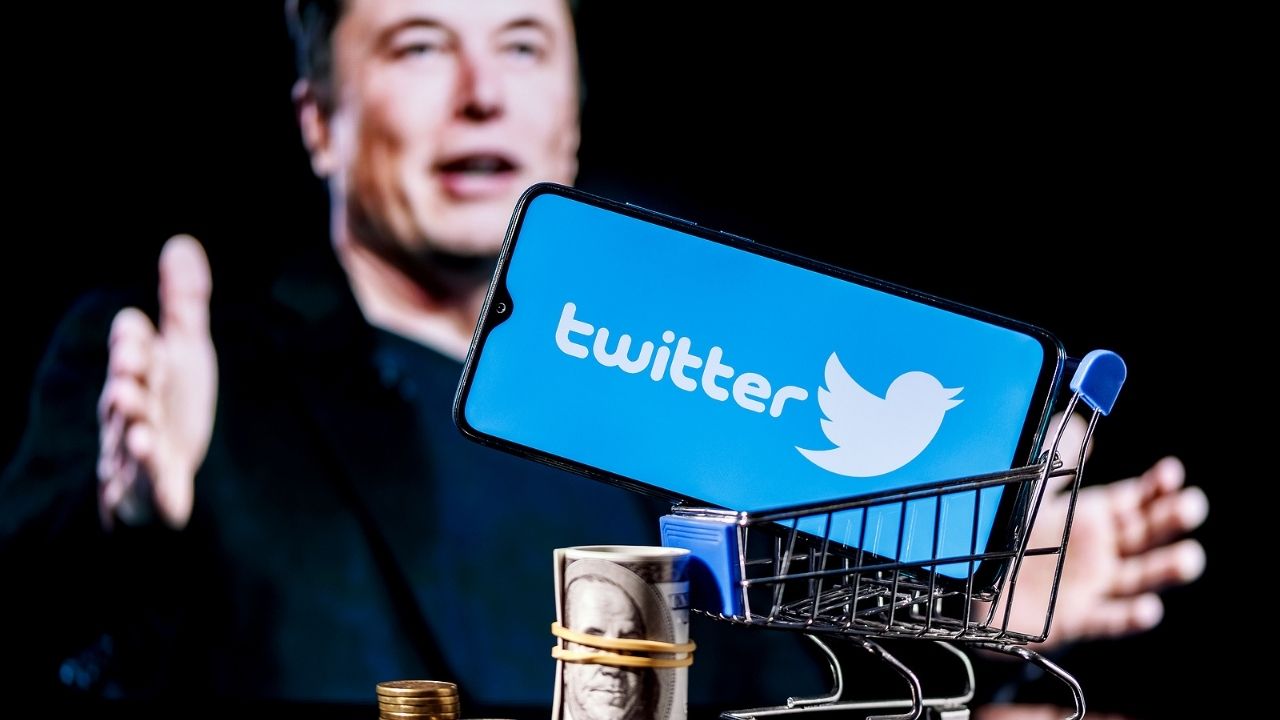Billionaires are quickly gaining control of the world’s most valuable communication platforms, and what comes next could cause a seismic shift in how people consume news.
The most recent of these acquisitions has been Elon Musk’s purchase of Twitter for $44 billion, but how he does so is still up for debate.
This headline-grabbing move could bring the social media company private and subsequently change how the platform operates as a whole.
On the flipside, the whole deal could combust in the same vein as AOL’s acquisition of Time Warner just months before the tech and telecom bubble burst during the early 2000s. Considering the normalcy of high valuations in a market that loves to overinflate technology stocks, this scenario isn’t out of the question.
Musk is currently the world’s richest person but has brought together nine banks to help finance his purchase of Twitter. To do this, Musk is borrowing $13 billion from assets and cash flow of Twitter, while banks have committed to lending $12.5 billion.
Musk himself has said he would provide the remaining $21 billion in equity, but where it comes from is still unknown. One path could be selling his stock in Tesla, which he did do recently, or take on hedge funds as partners who would inevitably get a say in how Twitter operates.
However, Tesla’s regulatory filings show that the CEO has already committed half of 173 million shares in the electric vehicle manufacturer to various other ventures. Now, he is pledging another 40% of stock in order to gain new loans for his acquisition deal, leaving just 10% of his stock available for collateral.
To make matters more concerning, Tesla’s stock following the Twitter announcement fell 15% from $1,000 per share to $870. If this trajectory continues, Musk may be forced to sell off his shares quicker than anticipated.



 Dr. Gleb Tsipursky – The Office Whisperer
Dr. Gleb Tsipursky – The Office Whisperer Nirit Cohen – WorkFutures
Nirit Cohen – WorkFutures Angela Howard – Culture Expert
Angela Howard – Culture Expert Drew Jones – Design & Innovation
Drew Jones – Design & Innovation Jonathan Price – CRE & Flex Expert
Jonathan Price – CRE & Flex Expert











